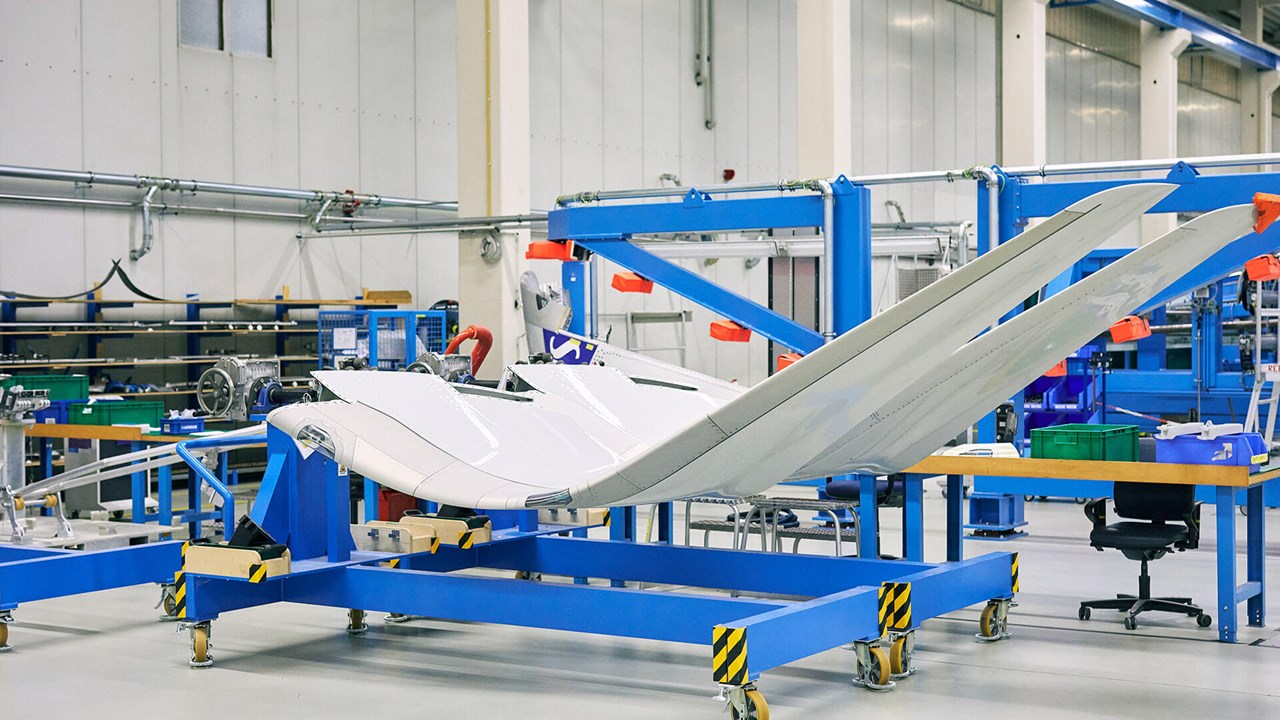The old, paper-based work processes in the aviation supply chain are losing ground to new levels of efficiencies using digital technologies and a smarter approach to the many complications of the supply chain.
In this article, we’ve compiled which skills are some of the most sought-after in the aviation supply chain.
But first, why are the requirements for skills within the aviation supply chain changing?
According to Aviation Maintenance, MROs are faced with a dilemma. On the one hand, they are providing inspections and maintenance for a fleet of older generation aircraft. On the other, they are tasked with inspecting and maintaining a growing fleet of next-generation aircraft that are introducing new materials and manufacturing techniques.
This results in a growing need to provide specialized training for their technicians that cover a widening spectrum of disciplines.
So what will be the hottest and most sought-after skills and talents in the MRO industry in 2020? We’ve compiled a list of 5 skills and talents that are going to be crucial for the aviation and MRO industries alike.
1. Non-destructive testing
It has always required experience and training to get the necessary accreditations for non-destructive testing. However, the introduction of new non-destructive technologies (NDT) has pushed the need for specialised training even higher.
Three of the newer NDT techniques – Phased Array (ultrasonic), Computed and Digital Radiography – require their own specialised training courses to meet industry certification standards. Proficiency in these new techniques is essential for MROs and thus the technicians of the future must be trained in these new technologies.
However, another problem MROs face is the added pressure of understanding and following various compliance requirements to ensure that the technicians are “qualified” to do the work they need to do.
Skills and certifications needed for the personnel are, therefore, critically important because they are tied directly to the specific work they are doing.
RELATED ARTICLE:
Why upskilling workers is becoming crucial in the aviation supply chain
2. Composites construction and repair
New materials, including composites and advanced alloys, will change aircraft maintenance and thus the skills required for the technicians who are going to be taking advantage of these new technologies. The increasing use of composites will require extensive training and new skills in fibreglass and highly advanced composite repairs. Furthermore, composite structures also require new techniques for damage mapping and evaluation.
What makes the need for skills in composites construction and repair even more important is the move toward standardisation of repair materials and techniques. The lack of standardisation of repair materials and methods has long been a problem for technicians and MROs.
For example, the SRMs (structural repair manual) for Boeing and Airbus aircraft can be completely different, forcing the technicians to do repairs in very different ways.
Over the past few years, the trend has been towards standardising many of the composite repair processes between the manufacturers. But it’s not too widespread yet.
Proficiency in comparing SRMs will, therefore, be a highly valued skill in the aviation industry and MROs in the future.
RELATED ARTICLE:
Industry Growth Stirs Concerns About MRO Labour Capacity

3. Digital troubleshooting
If you ask any young technician how they troubleshoot a new-generation business or commercial aircraft and you’ll get an answer involving a laptop and a few input commands.
In an article from MRO Network, Thom-Arne Norheim, technical director of Norwegian recruiter OSM Aviation, stresses that digital troubleshooting will require personnel who are highly skilled on computers and digital platforms on a much grander scale than what we experience today.
However, at some point, the young technicians will likely encounter aircraft with systems that will give a false reading or not register any faults at all. What to do then?
MRO technicians of the future need to be educated in the art of troubleshooting so they can go beyond what the technology can tell them about the problem.
Basic troubleshooting skills, in combination with an understanding of computers and proficiency in digital platforms, will be valuable for both younger and more experienced aviation technicians in the future.
RELATED ARTICLE:
Could a world of purely digital MRO be stranger than fiction?

4. Soft skills and global awareness
In today's MRO environment, technicians no longer just need the right technical skills. What is becoming equally important is a solid grounding in the soft skills of workplace collaboration.
According to MRO Network, GE Lafayette, the assembly facility for the GE Leap engine family and MRO for the Leap 1A and 1B, is assessing each candidate's soft skills when hiring technicians.
The plant leader, Eric Matteson, says that "the ability to communicate and work in a team environment" is becoming much more important today.
GE still look at the applicant's analytics skills, but a lack of proficiency in soft skills is the biggest disqualifier.
Matteson also cites "global awareness" as another essential hiring prerequisite. About 75% of the engines GE produce will be exported. Therefore, it's vital that mechanics can interact with and build relations with customers from all around the world.
RELATED ARTICLE:
Executive perspective: Fostering technological innovation in organisations

5. Additive manufacturing
In recent years, additive manufacturing has been the craze of many industries around the world. With it came the promise of a flexible and cost-effective alternative to traditional manufacturing.
However, most companies, including those in aviation, are still in the very early stages of adoption due to financial, technical and educational challenges.
According to The Engineer, it’s absolutely essential going forward for all companies to ensure that the future workforce in aviation and MRO is educated in additive manufacturing.
A Briefing Paper from Imperial College London underlines this conclusion by stressing that one of the significant challenges to additive manufacturing progression is "a general scarcity of suitably trained personnel working in AM, with few opportunities for collaboration and 'cross-pollination' of ideas."
RELATED ARTICLE:
Top 5 Reasons To Participate in Industry Training Seminars